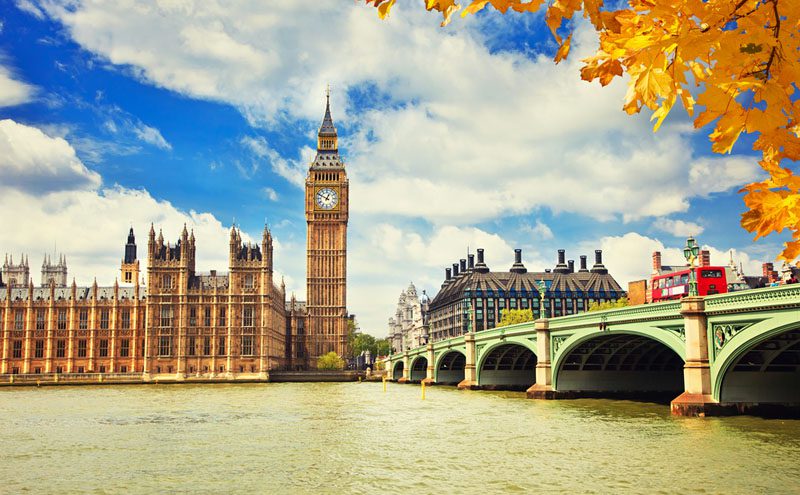
The UK Government’s Great Repeal Bill is expected to be a major focus of the upcoming Queen’s speech. The Greener UK coalition* has set out three key tests for the bill to meet, to ensure it secures the benefits of existing environmental laws as the UK leaves the EU. These are that it must:
1. Fully transpose all EU environmental laws and principles. An estimated 80 per cent of the UK’s environmental policy stems from EU law. It is essential no protections are lost during the process of converting EU law into domestic law. Eighty per cent of British adults believe that the UK leaving the EU should lead to equal or stronger levels of environmental protection to those currently in place.
2. Allow no opportunity for new gaps to open up in domestic environmental protections without full parliamentary scrutiny. Any delegated powers the bill provides to the government must be confined to the purpose of faithfully converting EU law into domestic law, with any non-technical changes made by primary legislation only.
3. Make sure the law is properly implemented and enforced. The bill must provide for the creation of new environmental governance arrangements to replace those currently provided by EU institutions.
Shaun Spiers, chair of Greener UK, said: “The government rightly aspires for the UK to be a world leader on the environment, and the Greener UK coalition is ready and willing to play our part in making that a reality. The first step during this parliament will be the Repeal Bill, which must deliver the continued high level of environmental protection that the people of these islands deserve, with a watertight process for converting EU law into domestic law.”
For more details, see the Greener UK briefing on the Repeal Bill: http://greeneruk.org/resources/GRBill%20Briefing.pdf.
* The Greener UK coalition formed in response to the EU referendum, united in the belief that leaving the EU is a pivotal moment to restore and enhance the UK’s environment. It brings together 13 major environmental organisations, including the RSPB, Wildlife Trusts, National Trust, and WWF.







